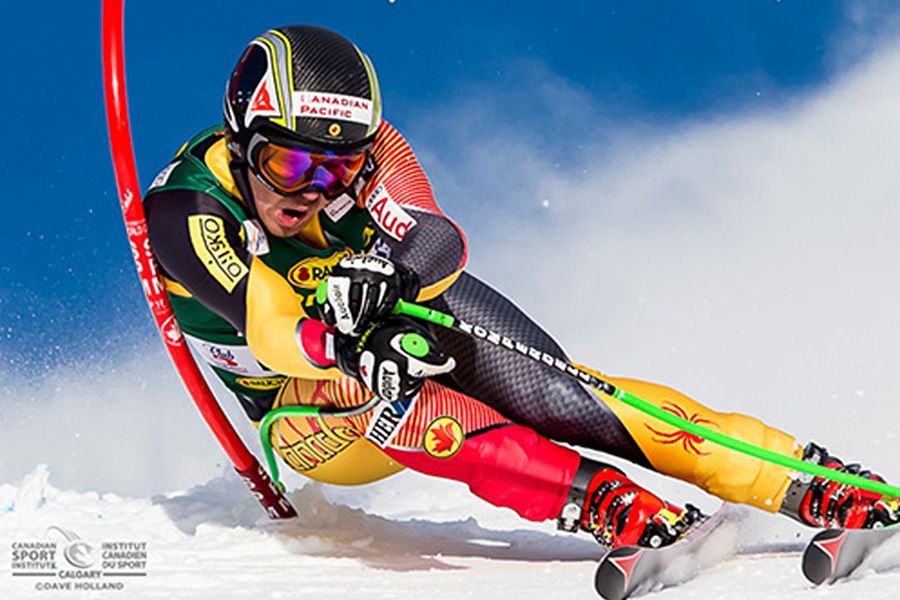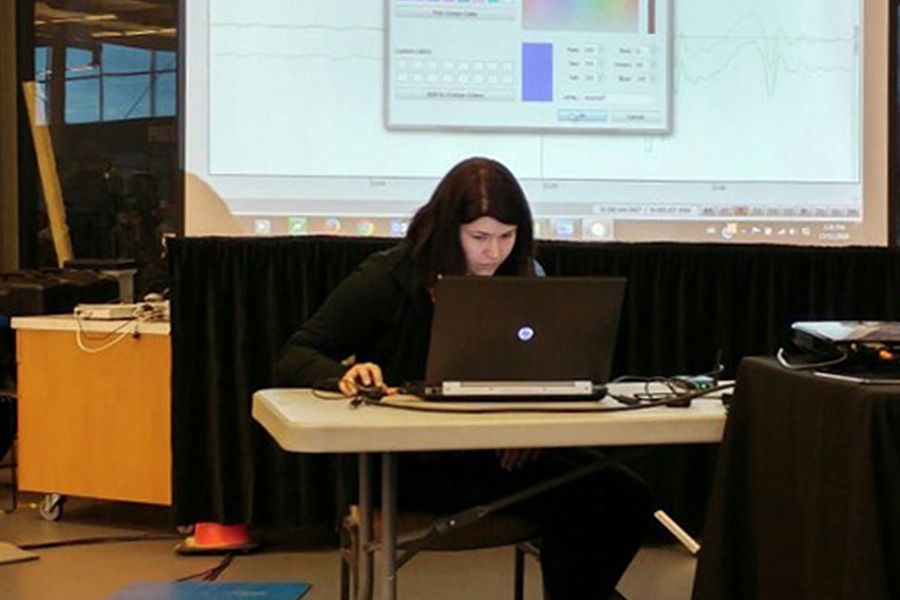Winning The Right Way
(Arianne Jones, Luge)
In a world where we have never been so connected, many of us have moments, days, weeks or months where we feel wholly disconnected and utterly alone. This disconnect is evident across a broad spectrum of mental health issues – sometimes it means having a bad day, sometimes it means struggling with severe depression.
In high performance sport, athletes are generally perceived as strong and unbreakable. But like everyone else, athletes are not immune to mental illness. Many struggle with issues such as eating disorders, substance abuse, anxiety or depression and may feel that seeking help for mental or emotional problems will make them appear weak.
Today however, the landscape surrounding mental health is shifting dramatically. In fact, mental illness has emerged as a legitimate and serious medical issue in society.
One of Canada’s most successful Olympians has worked tirelessly to bring the issue of mental illness to the fore. Clara Hughes, cyclist, speed skater and CSI Calgary alumnus, has spearheaded the Bell Let’s Talk campaign for the past five years, aimed at raising awareness and erasing the stigma of mental illness. By sharing her personal struggles with depression, Hughes has humanized mental illness and inspired countless others to speak up and seek the help they need.
At the CSI Calgary, mental health and well-being has long been upheld as a priority and support services have been readily available through Game Plan. “We’ve always had a good ability to provide mental health services to athletes,” says Cara Button, Director of Stakeholder Relations and administrator of the Game Plan Program. “Athletes have appreciated it because it has given them a place to go when they need help. President and CEO Dale Henwood deserves a lot of credit for enabling this process.”
Frank van den Berg, Director of Mental Performance, has worked with his team to incorporate general mental health into their scope of practice. This has led to the development of intervention and programming options in areas such as optimizing performance enhancement, managing performance dysfunction and addressing performance impairment.
“We focus on ‘Winning the Right Way’,” says van den Berg. “We pay attention to the human side of sport.” This holistic approach ensures that the “winning at any cost” mentality does not sacrifice an athlete’s long-term health, relationships, and well-being.
Both van den Berg and Button have seen an increase in athletes’ willingness to come forward with mental health issues. “It’s much easier to bring up the topic of mental health or illness now,” says Button. “I see way more athletes initiating the conversation with me than before.” Adds van den Berg, “I have these conversations regularly with athletes to address their mental health – what is their passion, what do they want to accomplish in sport, are they able to cope and respond to expectations and pressures in sport and life?”
When problems do arise, van den Berg stresses that early intervention is critical. “It should not be underestimated that a lot of cases can be dealt with effectively before issues become severe.” Button agrees, “There is evidence to support that depression can be well managed if it is caught early enough.”
Today, the CSI Calgary is supporting Bell Let’s Talk Day by hosting a lunch with the ultimate comfort food – grilled cheese and tomato soup – for CSI Calgary staff and athletes. The idea is to come together for a meal, share some time together and have a conversation. Simple, yes, but sometimes all it takes is a communal experience to open the door for each other to share.
“It’s a way for us to support Bell Let’s Talk Day and to encourage that sense of community at CSI Calgary,” says Button. “We want to recognize the day and work on building our own community.”
On January 25, 2017, Bell will donate $.05 more towards mental health initiatives in Canada when you use social media. For more information: Bell Let’s Talk.
Canadian Sport Institute Calgary: @csicalgary
Written by Kristina Groves: @kngrover
Photo by Dave Holland: @csicalgaryphoto
25/01/17
Dale Henwood, Sport Science Solutions, Game Plan, Performance Services, Canadian Sport Institute Calgary Team, Mental Performance, Cara Button, Frank van den Berg



